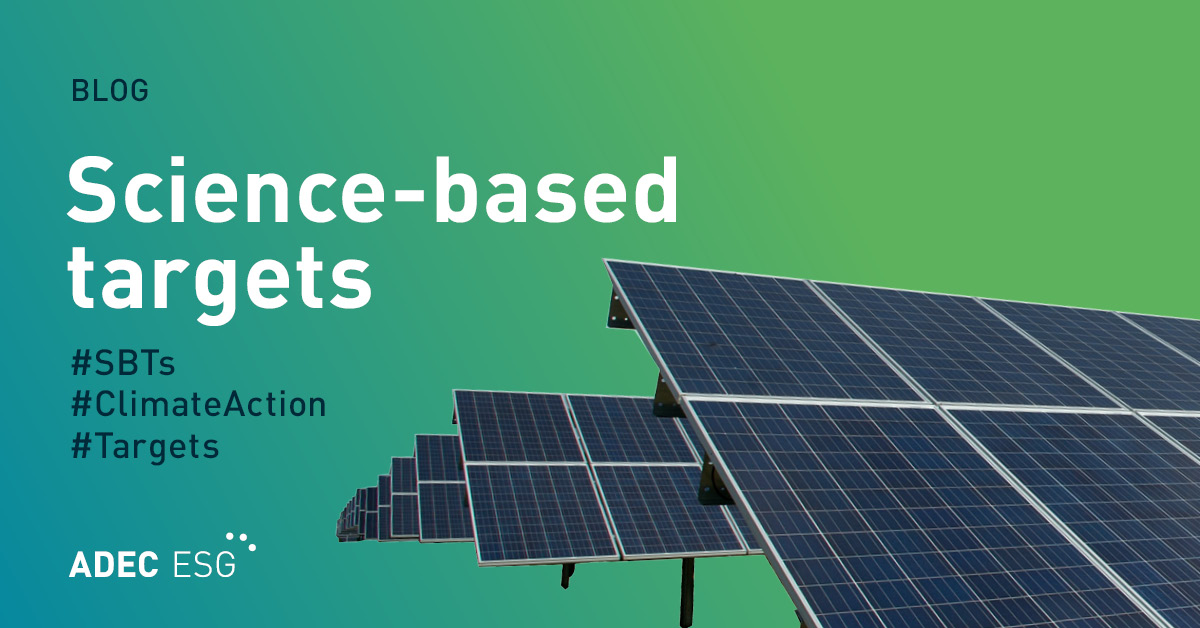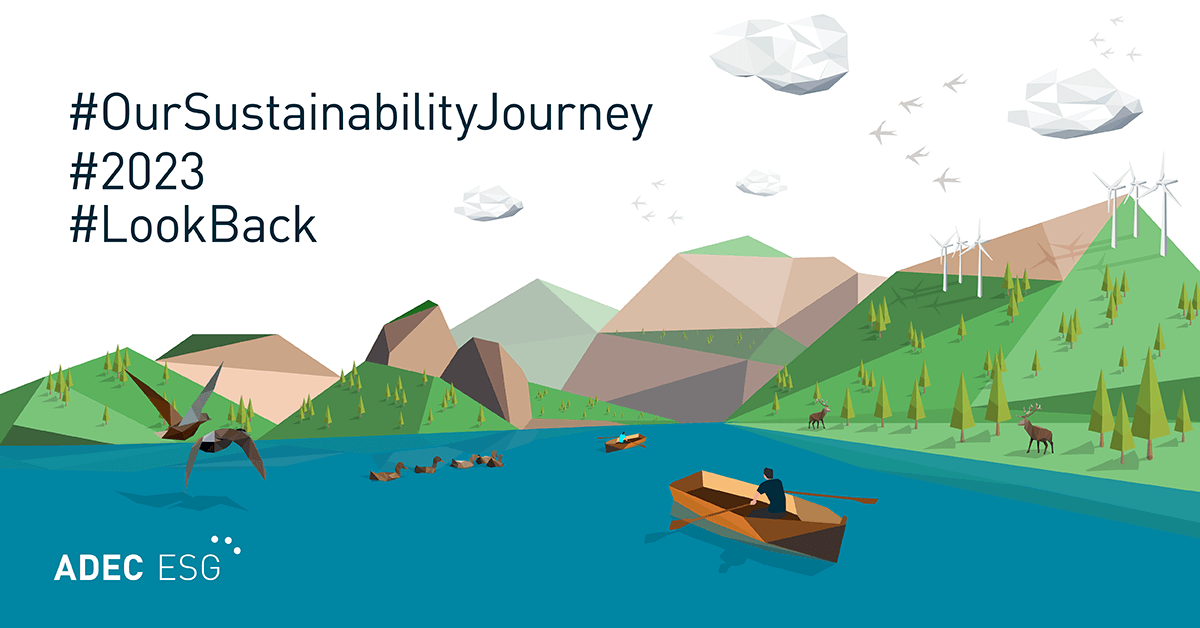A generation or two ago, the protection and conservation of our environment was an overlooked subject for most Americans. While there were always a few who voiced their concern over our interaction with the environment, only recently has the topic served as a catalyst for discussion in the greater public forum. Terms considered commonplace today such as greenhouse gas emissions, global climate change and carbon footprint were unfamiliar ideas not too long ago; and the Environmental Protection Agency (EPA), the National Environmental Policy Act (NEPA), and the California Environmental Quality Act (CEQA), all of which were designed to protect the interests of the environment, were still in their relative infancy. The lack of environmental conciseness bled into American politics as well, and with the exception of a handful of prominent political figures (see T. Roosevelt, Carter, Gore), politicians preferred to take a laissez faire approach to the environment.
But today, everyone is seemingly talking about the environment, whether around the dinner table, at the water cooler, or on the six o’clock news. Once foreign terms like “sustainability”, “biodiversity”, and “life cycle assessment” are now part of our everyday vernacular. However, while everyone else is discussing the environment, two people remain relatively quiet on the subject. Up to this point in the 2012 US Presidential Race, both Barack Obama and Mitt Romney have done their best to avoid the topic of the environment.
 Like everything done during a political campaign, this is likely a calculated decision. Right or wrong, to champion environment protection is portrayed by some groups as synonymous with opposing economic growth, as the strengthening of environmental regulatory strategies is typically viewed as a job killer. Opponents of environmental oversight argue that strengthened regulations place too much restriction on businesses, so much so that the cost of conducting everyday business becomes too high, ultimately forcing businesses to either fold or relocate out of the country (on a side note, a counter argument can also be made; strengthened environmental planning and regulations, aimed at protecting and preserving our natural resources for future generations, would pay long-term dividends, thus keeping most businesses viable into the future).
Like everything done during a political campaign, this is likely a calculated decision. Right or wrong, to champion environment protection is portrayed by some groups as synonymous with opposing economic growth, as the strengthening of environmental regulatory strategies is typically viewed as a job killer. Opponents of environmental oversight argue that strengthened regulations place too much restriction on businesses, so much so that the cost of conducting everyday business becomes too high, ultimately forcing businesses to either fold or relocate out of the country (on a side note, a counter argument can also be made; strengthened environmental planning and regulations, aimed at protecting and preserving our natural resources for future generations, would pay long-term dividends, thus keeping most businesses viable into the future).
As such, it is not surprising that neither President Obama nor Mr. Romney chooses to extensively address the subject of environmental protection tothis point in their respective campaigns. With the country still in the midst of economic uncertainty, the unemployment still high and consumer confidence still low, the last thing that either of the candidates wants to be portrayed as is an opponent of economic growth.
Not to say that President Obama or Mr. Romney completely fails to acknowledge the topic. Both campaigns touched upon the subject during the latest debate, and both sides address their environmental agenda on their respective websites, albeit in somewhat vague, generic terms. Somewhat surprisingly, the two candidates share similar views on oil, presently one of the hottest of hot-button environmental subjects. Both candidates champion expanding our domestic oil and gas drilling capability, and both support the development of natural gas resources. Not surprisingly, however, that is generally where the parallels end. Mr. Romney proposes to eliminate the EPA’s role in carbon dioxide management, while President Obama wants the EPA to maintain this power. The President would eliminate tax breaks for oil and gas drilling. His challenger, on the other hand, would keep these tax breaks, while eliminating any tax incentives for most alternative energy projects. And although both candidates support the controversial Keystone XL pipeline, Mr. Romney favors expediting construction of the entire project, while President Obama remains uncertain about the northern portion of the pipeline.
Although somewhat contrarian, by remaining relatively silent on the subject, both candidates are speaking volumes about their views on environmental regulatory strategies. By not making their environmental agendas key talking points, both men acknowledge that the topic is presently a political “third rail”, and anyone bold enough to exhaustively address the subject should prepare for backlash from those that believe that environmental protection counters a free economy.
So what does this all mean for the environment, environmental policy in America, and especially the legal tools designed to carry that policy forward such as NEPA and CEQA? In short, business as usual, at least for now. NEPA and CEQA have always been, to one degree or another, associated with economic policy as much as environmental policy, as these laws were ultimately designed to foster public transparency during the project development process; and that development process is inherently tied to the economy. When the economy was soaring and development was prospering, few outside of the immediate financial stakeholders were burdened by provisions within NEPA and CEQA. But as both public and private development has been reduced to a crawl over the past half-decade plus, do not expect wholesale changes to these environmental laws in the near future.
With the economy still struggling, the last thing any politician, regardless of party affiliation, wants to do is strengthen existing environmental regulations in a manner that would place further economic burdens on business. As a result, do not expect many dramatic shifts in environmental policy until the 2012 election is over and the economy shows sustained improvement.
Just because the candidates fail to discuss environmental protection and policy, CEQA and NEPA, or natural resources conservation and preservation doesn’t mean that you should follow suit.
Contact FirstCarbon Solutions today to discuss your environmental planning, natural resources management and cultural resources management, regulatory compliance, habitat restoration, and sustainability consulting needs.

Did you enjoy this post? The author of this article is Collin Ramsey. Learn more about her here.




